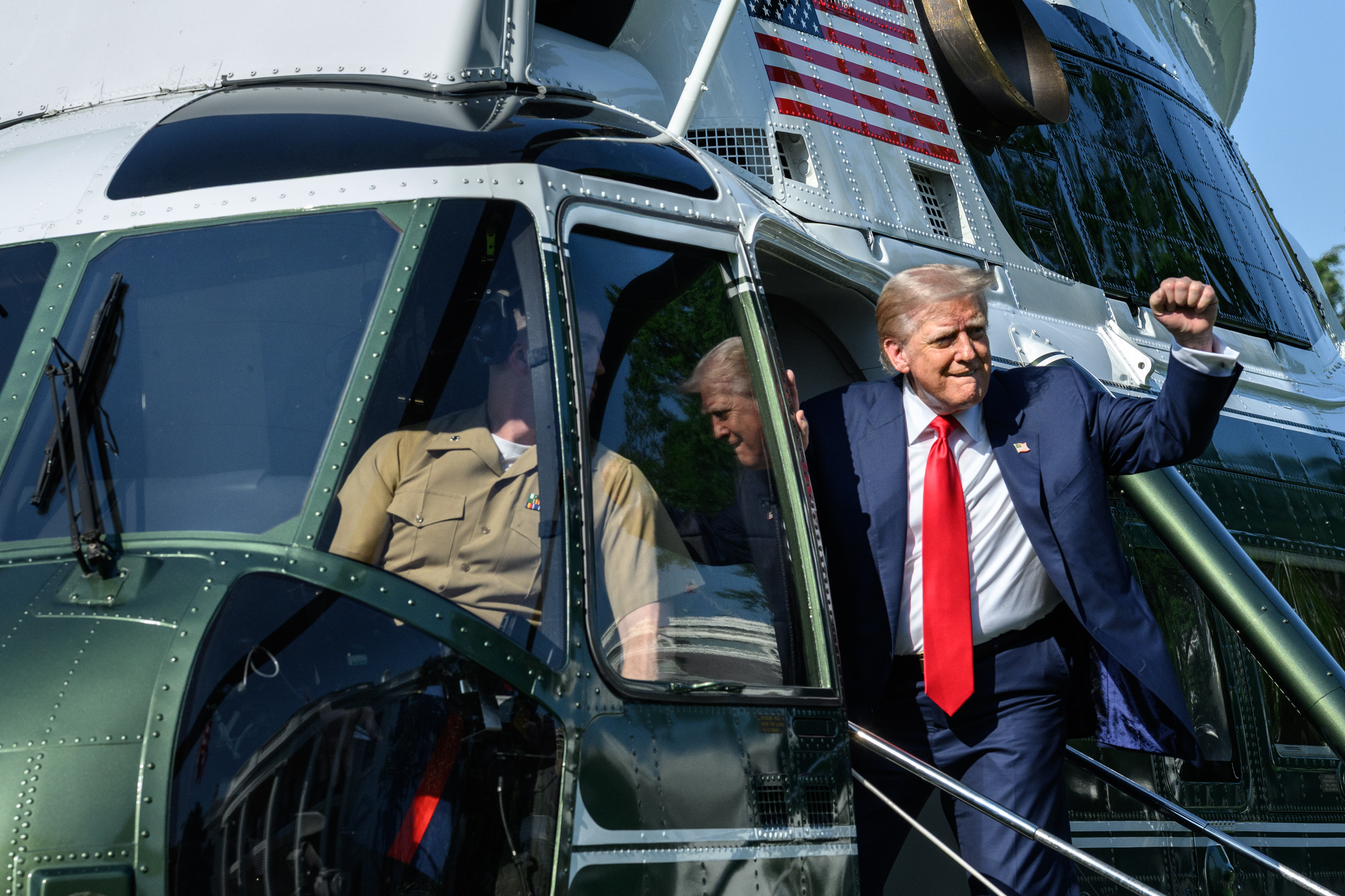POTUS Trump Says U.S. Will Soon Engage Russia on New Nuclear Arms Deal as New START Nears Expiry
U.S. President Donald Trump has said the United States expects to begin discussions with Russia soon on a new nuclear arms agreement, as the clock ticks toward the expiration of the New START treaty in 2026.
“That’s not an agreement you want expiring. We’re starting to work on that,” Trump told reporters outside the White House on Friday, when asked about the future of nuclear arms control with Moscow.
 |
| Image Source: White House |
“When you take off nuclear restrictions, that’s a big problem for the world.”
Trump acknowledged that he had previously called for deeper cuts to the U.S. and Russian nuclear arsenals and said he still believes that should happen.
“I’d like to see us reduce,” he said.
The New START treaty, signed in 2010, is the last major arms control agreement still in force between Washington and Moscow.
It limits each country to 1,550 deployed strategic nuclear warheads and 700 delivery systems, including ICBMs, submarine-launched ballistic missiles, and heavy bombers.
The number of deployed and non-deployed launchers is capped at 800.
Originally set to expire in 2021, the treaty was extended by both sides for five years, giving it a new deadline in early 2026.
With that date fast approaching, pressure is building on both nations to decide whether they will negotiate a successor agreement or let nuclear constraints lapse.
Russian officials have repeatedly praised New START as a critical stabilizing mechanism and a foundation for future arms control.
The treaty includes strict verification measures and transparency provisions that both sides have long viewed as essential to mutual trust.
While Trump has previously spoken about involving China in future disarmament talks, no multilateral framework has yet materialized.
At this stage, the immediate priority appears to be reopening channels with Moscow.
The president’s comments signal a renewed U.S. interest in reviving strategic stability talks with Russia at a time of heightened global tensions.
Any breakdown in arms control could trigger a new era of unregulated nuclear competition, raising the stakes for both superpowers—and the world.
